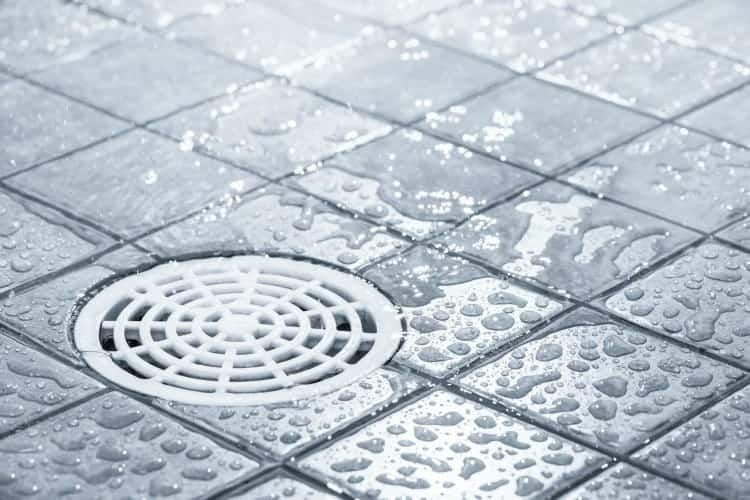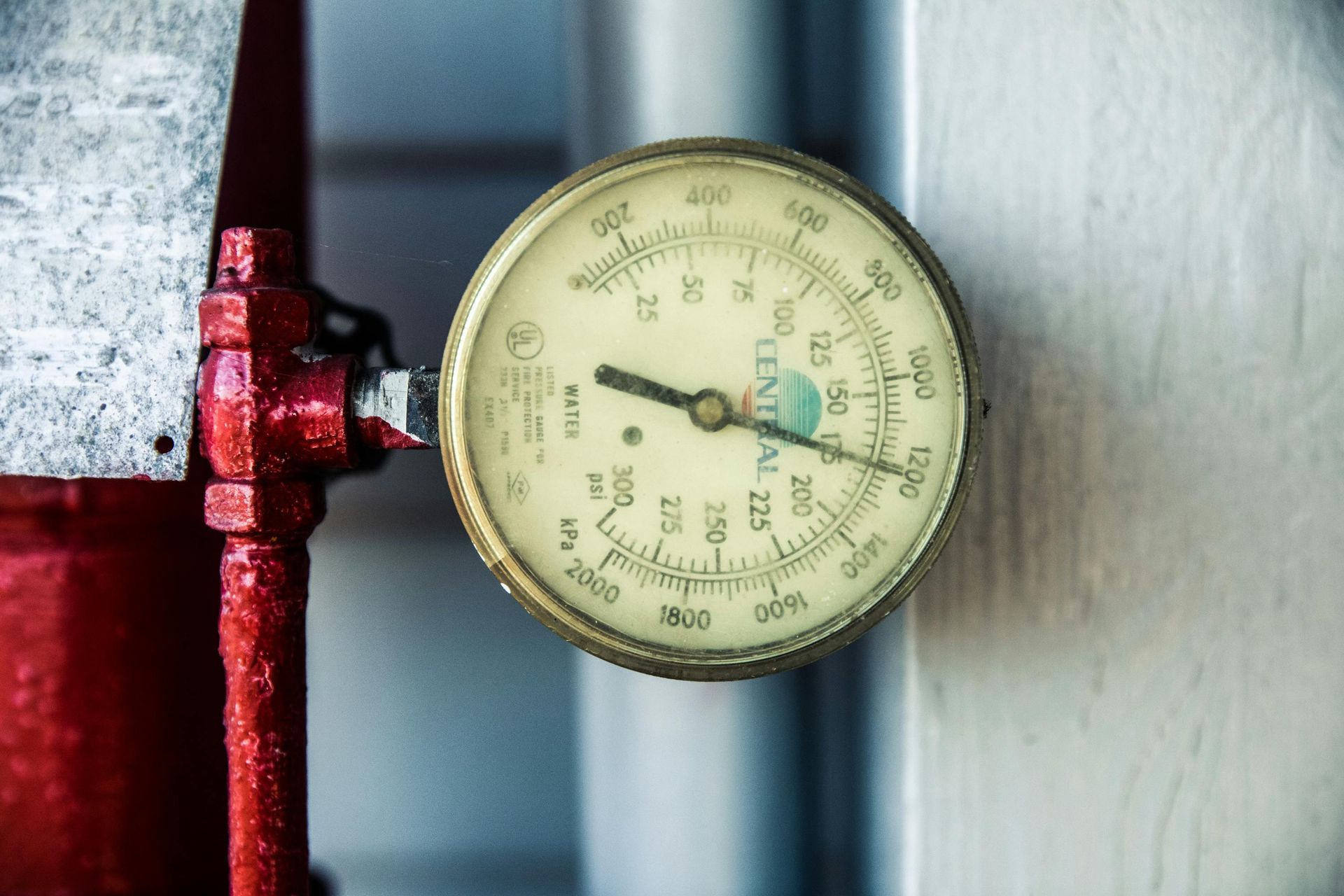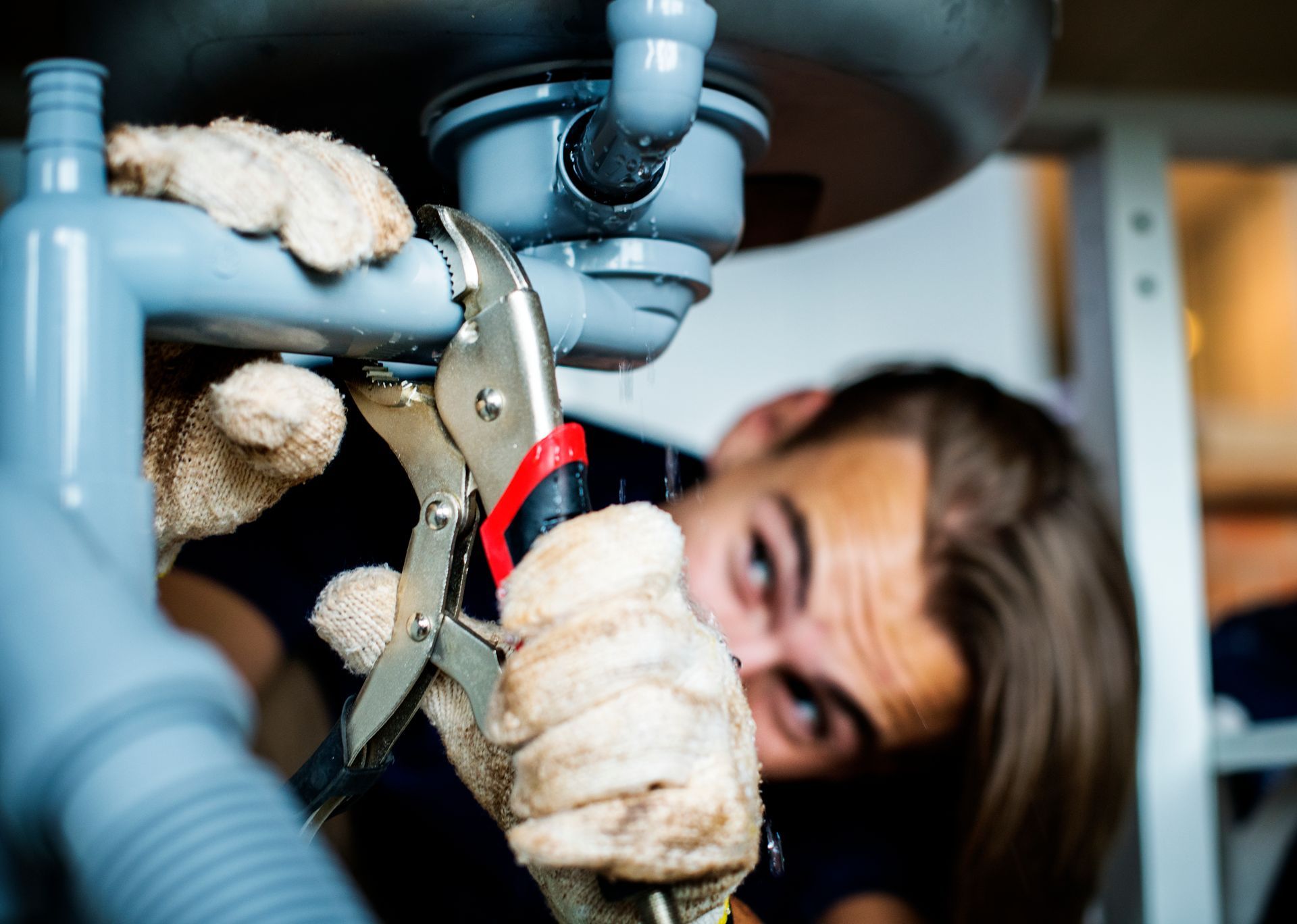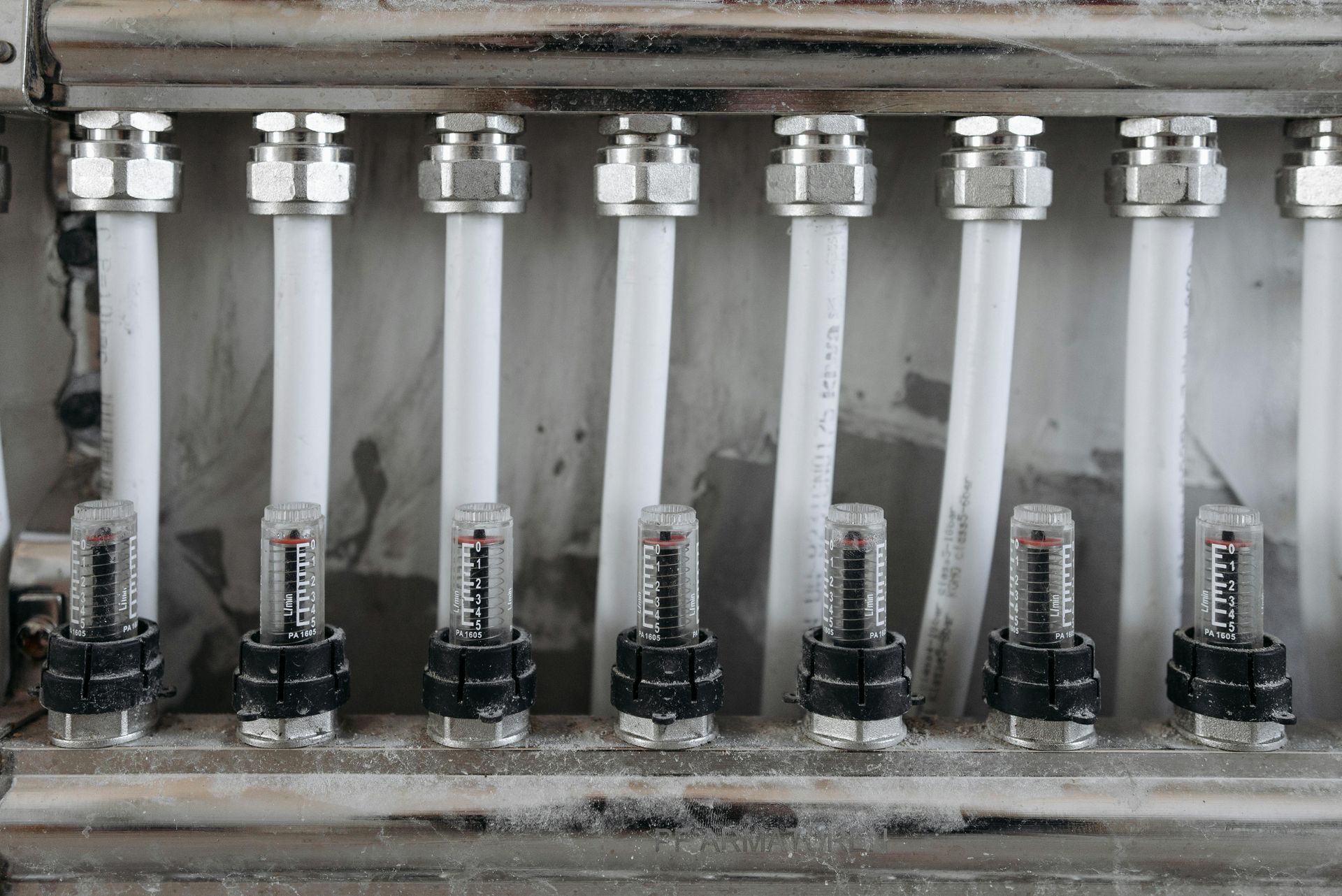The Future Of Smart Plumbing: IOT Devices for Your Home
The evolution of plumbing technology driven by the Internet of Things has introduced a new era for residential and commercial systems, transforming how we manage, monitor, and maintain plumbing infrastructure. This shift towards smart plumbing is rooted in advancements that enable homeowners and professionals to attain unprecedented levels of efficiency, safety, and convenience. As IoT devices become more integrated into home plumbing, the future promises a highly connected and intelligent environment that proactively prevents issues and optimizes water usage.
The Rise of IoT in Plumbing
The adoption of IoT technology in plumbing has historically been slow, primarily due to reliance on traditional, manual systems. However, recent innovations have rapidly accelerated, turning plumbing into a responsive network capable of detecting, diagnosing, and even addressing problems autonomously. For example, IoT-based leak detection sensors are now common in residential settings, monitoring pressure, flow, and humidity levels in real time. These sensors communicate with centralized apps and alert homeowners or service providers like All City Plumbers at the first sign of trouble, significantly reducing property damage.
The core advantage of IoT in plumbing lies in its capacity for data collection and analysis. Connected devices can identify abnormal patterns—such as unusual water consumption or pressure drops—and trigger automated responses, including issuing alerts or activating shutoff valves. This proactive approach not only saves water but also prevents costly repairs, especially in instances where delayed detection could lead to pipe bursts or extensive water damage.
Innovations in Smart Water Heaters and Leak Detection
Smart water heaters represent a significant breakthrough in IoT-enabled plumbing. These appliances integrate Wi-Fi connectivity and AI algorithms that monitor usage, optimize heating schedules, and detect leaks or malfunctions early. For instance, some units can automatically shut off when they sense a leak or abnormal temperature fluctuations, reducing the risk of water damage and energy wastage. Installing these smart water heaters can be a lucrative upgrade for homeowners aiming to lower utility bills and improve appliance lifespan.
Leak detection systems are now equipped with AI-enhanced sensors capable of analyzing usage patterns, environmental conditions, and pressure changes. In recent years, these devices have become more sophisticated, capable of integrating with existing home automation platforms like Google Home or Apple HomeKit. This allows homeowners to receive instant notifications for potential issues and take immediate action, such as activating nearby emergency services or scheduling repairs with professional plumbers like All City Plumbers.
Additionally, smart systems are increasingly addressing the need for drain clearing and foul odor management. For example, some IoT solutions now include sensors that detect foul smells from garbage disposals or clogged drains and initiate cleaning or alert homeowners to seek professional assistance.
The Role of IoT in Preventative Maintenance
One of the most promising aspects of smart plumbing is its potential to shift the paradigm from reactive repairs to preventative maintenance. IoT devices can continuously monitor the condition of your plumbing fixtures, such as sump pumps or toilets, and provide early warnings for issues like wear and tear, corrosion, or minor leaks. This proactive management can extend the lifespan of your plumbing system, reduce emergency call-outs, and improve overall home health.
Furthermore, the integration of IoT devices facilitates ways to prepare your home's plumbing for a long vacation. Smart shutoff valves, for instance, can be programmed to turn off water supply during prolonged absences, thereby preventing possible leaks or burst pipes while you are away. Also, these systems can be linked with service providers to perform scheduled maintenance, including drain clearing and inspection, ensuring your plumbing remains in top condition even when you’re not around.
Challenges and Considerations
While the benefits of IoT-enabled plumbing are extensive, they are accompanied by challenges. Data security remains a critical concern, as connected devices are vulnerable to hacking if not properly secured. Installation complexity and compatibility issues with existing plumbing infrastructure can also impact deployment. Knowing when to seek expert assistance is vital because improper installation or configuration could undermine system reliability.
Moreover, it’s essential for homeowners to understand how to maintain these advanced systems, such as updating firmware or replacing faulty sensors. Engaging with professional services like All City Plumbers can ensure proper setup and ongoing support. Furthermore, advances in IoT demonstrate promising growth in integrating smart solutions with traditional plumbing components — ultimately driving better long-term planning and maintenance routines.
Conclusion
The future of plumbing is undeniably connected, with IoT devices playing a key role in creating smart, efficient, and safer environments. From leak detection and water management to automatic drain clearing and foul smell elimination, IoT technology will continue transforming how plumbing systems operate and are maintained. As smart systems become more accessible and affordable, homeowners and professionals must stay informed about emerging trends and integrate these innovations responsibly. Trusted professionals like All City Plumbers are essential to navigating this transition smoothly, ensuring the full benefits of smart plumbing are realized, and your home’s plumbing infrastructure remains resilient for years to come.











